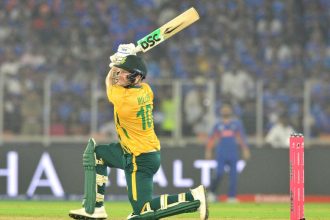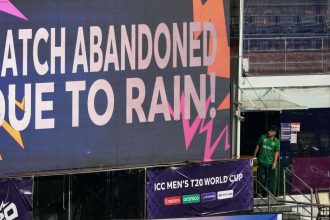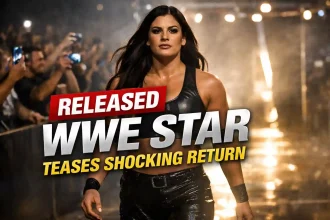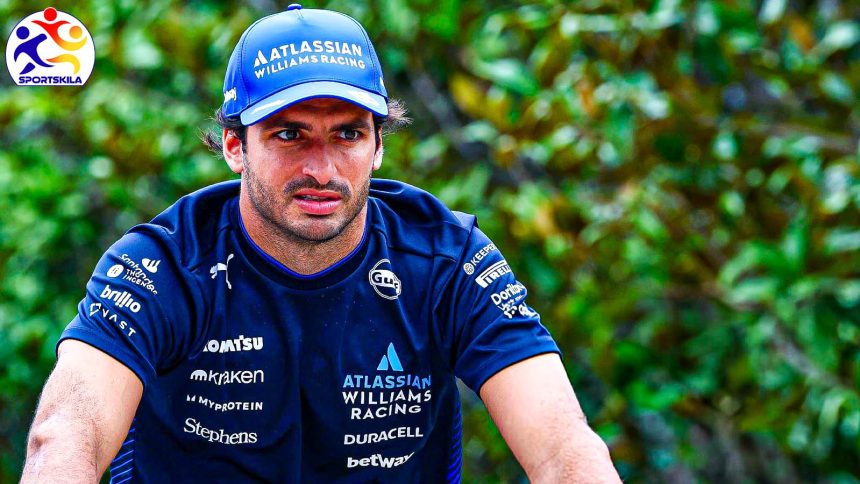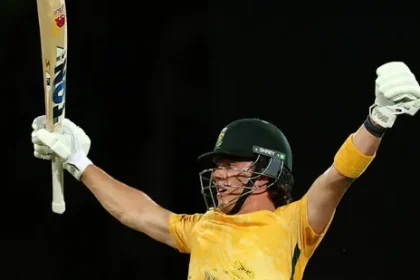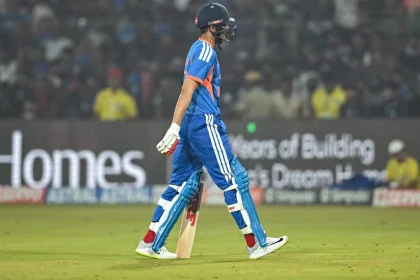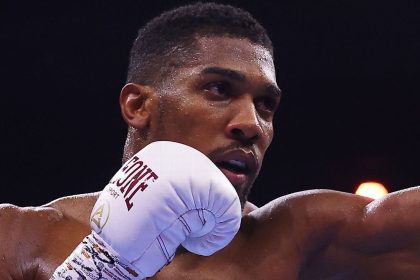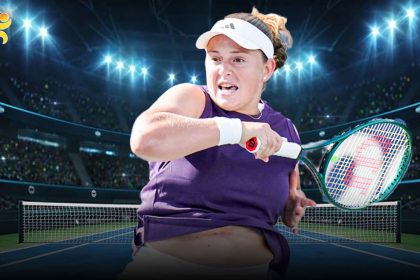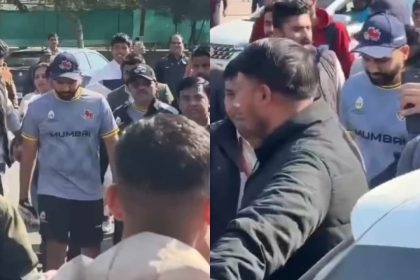Carlos Sainz has described the overturning of his Dutch Grand Prix penalty as a “breakthrough” moment for Formula 1 — and believes the next step for the sport is the introduction of full-time stewards to ensure consistency in decision-making.
The Dutch GP Controversy
Carlos Sainz was originally handed a 10-second penalty and two penalty points for a first-lap collision with Racing Bulls rookie Liam Lawson at Zandvoort. Stewards judged that Lawson had the right to the corner after contact between the two cars.
Williams protested the decision, and last week the FIA stewards revoked the penalty points — although Carlos Sainz’s finishing position of 13th remained unchanged as he finished well behind Lawson on track.
For Carlos Sainz, it was a landmark case:
“It’s a breakthrough because it’s the first time I’ve managed to present new evidence and get a hearing accepted. It shows the system is there for a reason, and I’m happy we could finally use it.”
Carlos Sainz’s Push for Full-Time Stewards
The Williams driver, who also serves as a Grand Prix Drivers’ Association (GPDA) director, believes the best way forward is to appoint permanent stewards rather than relying on volunteers who rotate across the calendar.
“At least two of the three stewards should be permanent, with one rotational for teaching and sporting fairness,” Sainz explained.
He dismissed financial concerns, pointing to F1’s massive revenues:
“We shouldn’t care about who pays — there’s enough money in the sport. If we can pay everyone else’s salaries, we can pay for full-time stewards too.”
Racing Guidelines Still Not Clear Enough
Carlos Sainz also questioned the effectiveness of F1’s racing guidelines, which were introduced to clarify responsibility in incidents.
“It’s clear on paper, but in execution it’s not as clear,” he admitted. “At times it feels too subjective.”
He noted that the term “guideline” itself leaves too much open to interpretation, unlike fixed rules. His teammate Alex Albon even remarked recently that he “still doesn’t know how to properly race” under the current system.
Carlos Sainz believes that while guidelines are useful, common sense and fairness must remain central:
“I’ve been racing my whole life. In the car, I don’t think about guidelines — I think about fair racing. When there’s a crash I didn’t cause, I expect common sense to prevail.”
READ MORE: 3 Big Messages from Oscar Piastri on McLaren’s Monza Controversy – Sportskila
What This Means for F1
The Dutch GP decision was a rare case of the FIA reversing a penalty — something Carlos Sainz sees as progress. But his wider call for professional, consistent stewarding reflects a growing debate in the paddock.
With drivers still unclear on how guidelines are applied, the Spaniard’s comments highlight that while rules may exist on paper, Formula 1 still relies heavily on interpretation and judgement.
As the 2025 season rolls on, the question remains: will F1 finally take the step toward full-time stewards to remove the grey areas that continue to frustrate drivers and fans alike?




